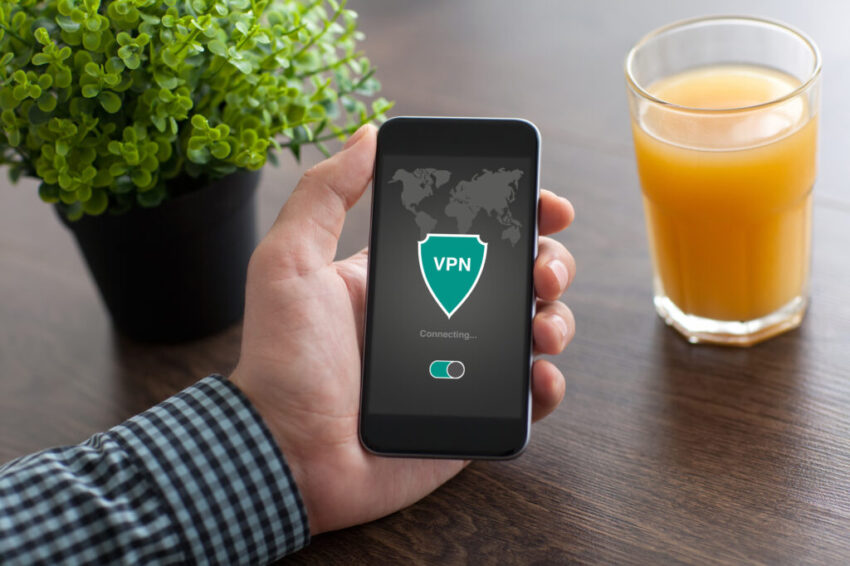When browsing the web, VPNs are a great choice. However, they can slow down your connection when traffic-intensive applications are used.
On the other hand, proxies have less overhead associated with encryption, making them better for high-speed applications. In addition, proxies can help you circumvent geo-restrictions.
VPN ensures that all outgoing internet traffic is processed under VPN
A VPN ensures that all incoming and outgoing internet traffic is processed under a private network, which is encrypted and protected from outside attacks. Without a VPN, your internet traffic is unencrypted, meaning that others can see it and manipulate it. Using a VPN is a simple way to improve your security online. By setting up a VPN connection between your computer and the VPN server, you can prevent websites from collecting your IP address and obtaining your browser history.
By using a VPN, you can protect yourself from geo-blocking. Geo-blocking can limit your access to certain websites, which can be a big inconvenience when you are traveling. Using a VPN with your home country’s IP address can help you bypass geo-blocked content and will also protect your financial transactions.
Pros and cons
A VPN is the best way to protect your online activity and privacy. It encrypts all data passing through its network and has a no-log policy, making it difficult for governments and hackers to trace your online activities. In contrast, a proxy can mask your identity from one specific site or app, but it doesn’t protect you from government surveillance.
Proxy services aren’t always free, and they can be unreliable. Premium VPN services can help you avoid these drawbacks and offer robust online protection. They can protect you from cyberattacks and block geo-restrictions.
Performance issues
The performance of a VPN may be affected by several factors. One of them is the distance the data must travel before reaching the server. The longer the distance, the slower the connection speed will be. Most VPNs can ignore this issue, but if you have a slower internet connection, you may notice the performance impact.
The other factor that affects the performance of a VPN is encryption. The encryption used by a VPN can cause latency, but this is not a significant enough problem to affect the quality of your browsing experience. Fortunately, most VPN providers have multiple global data centers, enabling them to provide faster connection speeds to their customers around the world. Another significant difference between a proxy and a VPN is the coverage area. Proxies usually reroute web traffic for only one window, but a VPN can cover all your windows. Proxy servers, however, do not protect background apps or websites.
Security
A VPN and proxy are both useful for online privacy. A VPN is useful to hide your IP address and prevent unauthorized access, while a proxy serves the purpose of filtering traffic. A proxy can also help you avoid geo-restrictions and enforce access to certain content. However, you can get more privacy and protection with a premium VPN.
A VPN works on the operating system level, routing all traffic through the VPN server. While a proxy is great for general web browsing, it can reduce speed if you use it for traffic-intensive applications. Proxies are faster than VPNs because they don’t have to deal with encryption overhead. They’re also better if you want to unblock websites, circumvent geo-restrictions, or browse anonymously.
Privacy
A VPN and a proxy are two types of security products that have different purposes. While a proxy can be helpful in logging web traffic, a VPN creates a secure connection to company resources. It also protects the organization from malware, and it can enforce a web content policy.
A VPN offers end-to-end encryption. Unlike a proxy, a VPN does not require a physical connection. A VPN can operate over a wide area. The technology allows a private network of clients and servers to extend its local network across the Internet.
VPNs can mask your IP address and allow you to access websites and content restricted to particular countries. Moreover, they protect you from malicious attacks and protect your privacy. While a proxy is useful for circumventing geo-restrictions, a VPN is much more secure and offers more features. A VPN provider with a reliable reputation is a good choice. You can check out a VPN comparison guide to find the best one for your needs.


